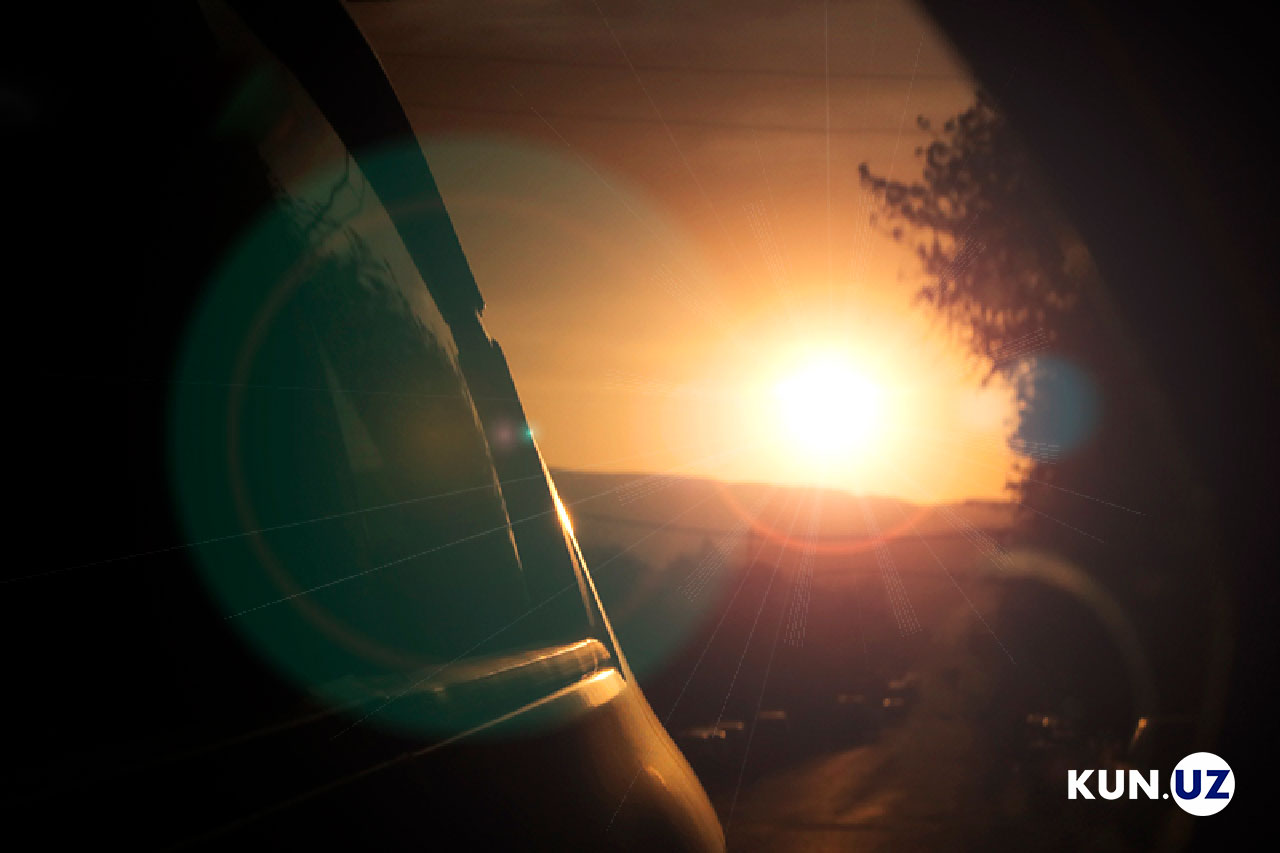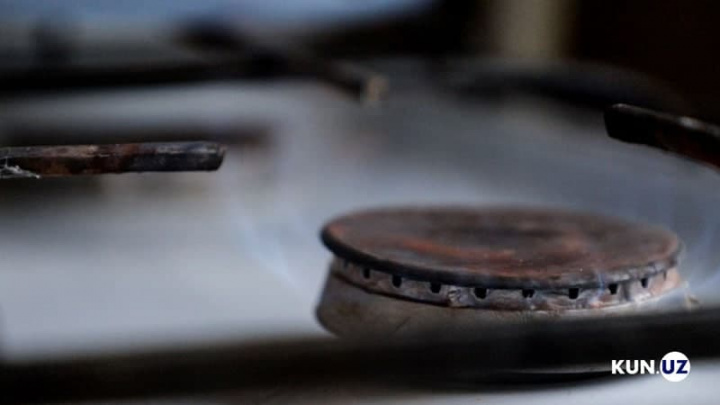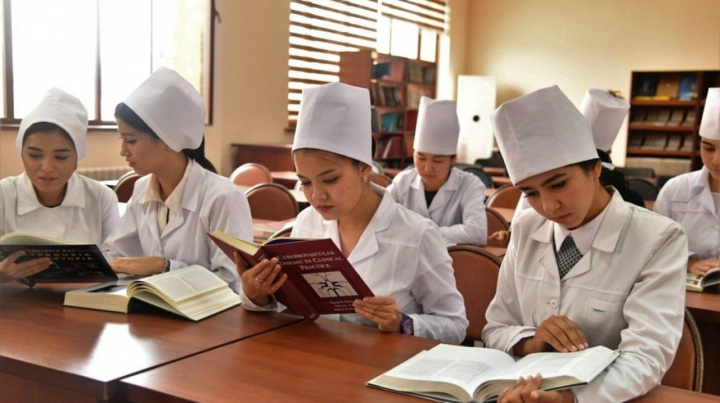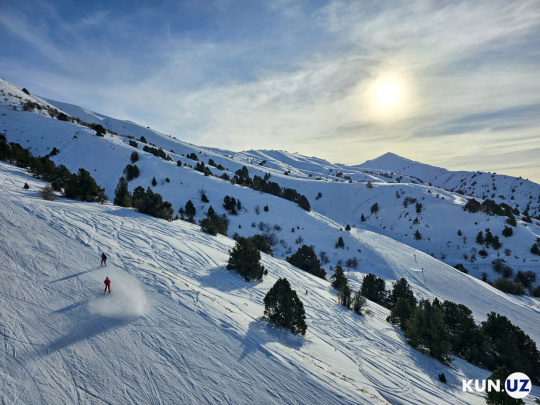Ministry of Emergency Situations issues sunstroke prevention and first aid tips
Due to the hot weather in the republic, the ministry explained how to avoid sunstroke and provide first aid to those affected by it.

Photo: Kun.uz
From July 25 to 29, very hot weather is expected in Uzbekistan, with air temperatures rising to +40...+43 degrees Celsius, and in the southern and desert zones up to +44...+45 degrees Celsius.
In this regard, the Ministry of Emergency Situations (MES) has published a guide for the public with recommendations on how to avoid sunstroke and provide assistance to those affected by it.
Sunstroke is a severe condition caused by direct exposure to sunlight on an uncovered head. Children, people who poorly tolerate heat, those who are overweight, have heart and vascular diseases, endocrine gland disorders, or abuse alcohol are most susceptible to sunstroke and heatstroke.
The first signs of sunstroke are symptoms of brain damage: severe headache, dizziness, rapid or slowed pulse, and temporary disorientation. This may be followed by confusion and loss of consciousness.
The public is advised to follow these safety measures:
• Wear a light head covering.
• Drink as much liquid as possible, including moderately sweet tea, chilled kvass, fruit and vegetable juices, broths, lightly carbonated mineral water, and fermented milk drinks.
• Avoid being in direct sunlight during the hottest periods.
• Do not consume alcoholic beverages.
First aid for those affected by heatstroke and sunstroke includes:
• Move the person to the shade or a cool room.
• Lay them on their back with their head elevated.
• Loosen or remove tight clothing and relax the waistband.
• Wipe the body with cold water or wrap them in a damp sheet.
• Apply cold compresses to the head, forehead, and groin areas.
• Give them plenty of cold water (preferably salted) or cold tea to drink.
• If possible, give them valerian tincture (15-20 drops in one-third of a glass of water).
• Carefully allow them to smell ammonia to improve breathing.
• Call an ambulance.
Related News

12:39 / 05.03.2026
Uzbekistan to adopt national cancer control program for 2026-2035

15:02 / 03.03.2026
Ministry of Energy extends heating season gas norms until mid–March due to cold weather reports

13:09 / 03.03.2026
Uzbekistan plans to abolish "super-contract" system for medical education

18:53 / 23.02.2026




